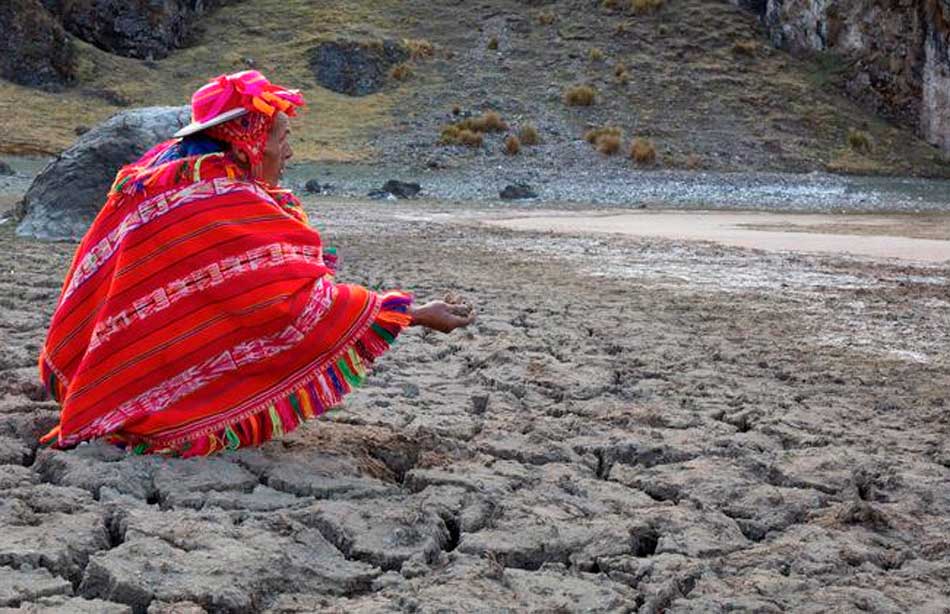In the opinion of special reporter Francisco Calí Tza, the regulations could negatively affect ancestral territories in the Peruvian Amazon, as well as legalize and encourage the dispossession of their lands.
These reforms seem to ignore that territorial dispossession is the driving force behind violence against indigenous leaders and implies a withdrawal of the State in rural areas, he warned.
“Approximately one third of the indigenous peoples of the Peruvian Amazon have not received title to their lands, leaving them insecure and vulnerable to third parties” he remarked.
Therefore, the Peruvian state still has pending obligations to fulfill in terms of legal recognition and security of these territories, the special reporter on the rights of indigenous peoples stated.
Although the law explicitly mentions native and peasant communities, as well as indigenous peoples in voluntary isolation or in initial contact, Calí Tza warned that the text has not been submitted to a consultation process to obtain free, previous and informed consent of these populations.
jrr/jav/mem/ebr









